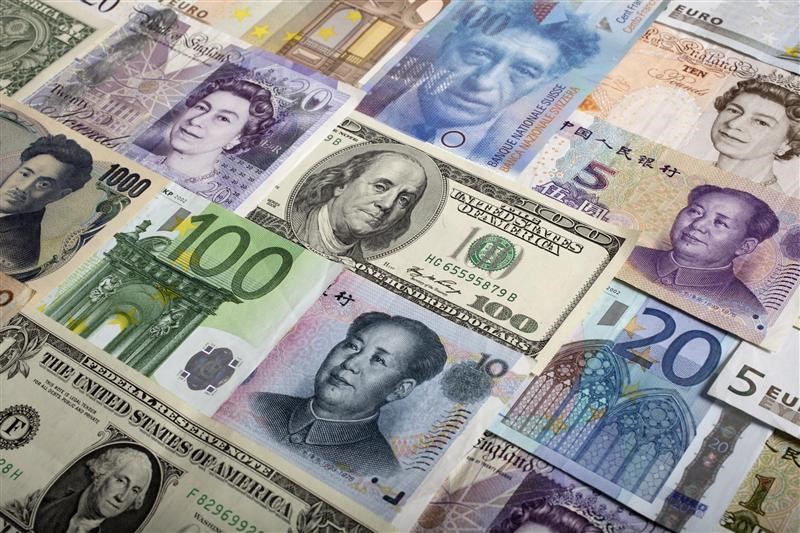TPI Composites files for Chapter 11 bankruptcy, plans delisting from Nasdaq
Investing.com -- Bank of America reports that the ongoing Middle East conflict poses significant risks to ASEAN and Indian financial markets. The initial volatility spike triggered by missile exchanges between Israel and Iran has likely caused investors to reduce risk and unwind crowded long positions in foreign exchange and duration markets across the region.
Foreign exchange markets remain vulnerable through three primary transmission channels: increased demand for the U.S. dollar as a safe haven, negative trade impacts from oil price movements, and portfolio outflows driven by risk aversion. BofA notes that while long duration positions may have been less crowded recently, continued U.S. Treasury sell-offs could limit further duration gains in the region.
The impact of oil price fluctuations varies significantly across ASEAN economies. The Philippine peso (PHP) appears most exposed to negative effects, while the Malaysian ringgit (MYR) remains relatively insulated due to Malaysia’s position as a net oil and gas exporter with approximately 1% of GDP surplus.
Currencies associated with current account deficits, specifically the Philippine peso and Indian rupee (INR), show greater vulnerability to unfavorable trade swings resulting from oil price movements. Thailand faces additional challenges as higher gold prices may not offset oil impacts and USD-beta during unfavorable summer seasonality in its current account.
Malaysia’s natural gas trade surplus provides some protection against oil price shocks, though BofA cautions that this advantage has diminished over time and may not fully counterbalance other negative factors, including a strengthening U.S. dollar.
This article was generated with the support of AI and reviewed by an editor. For more information see our T&C.
